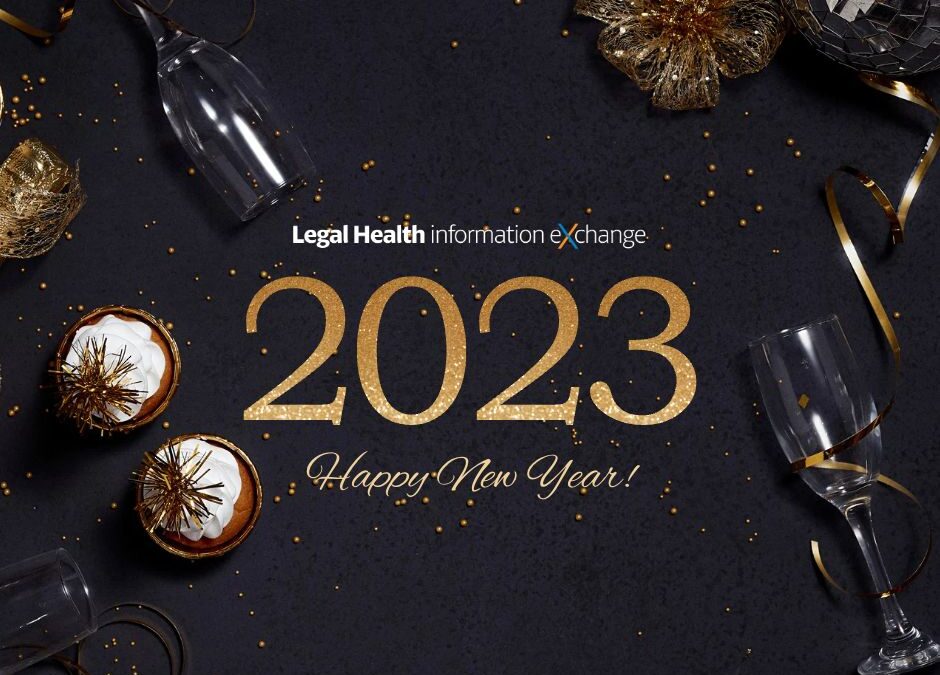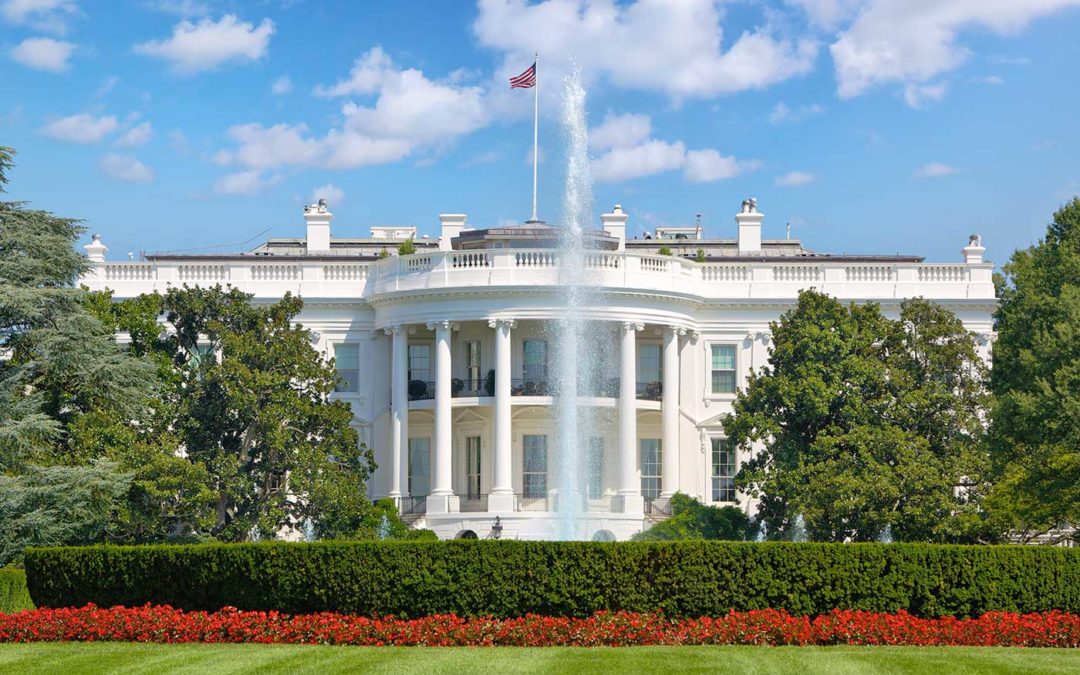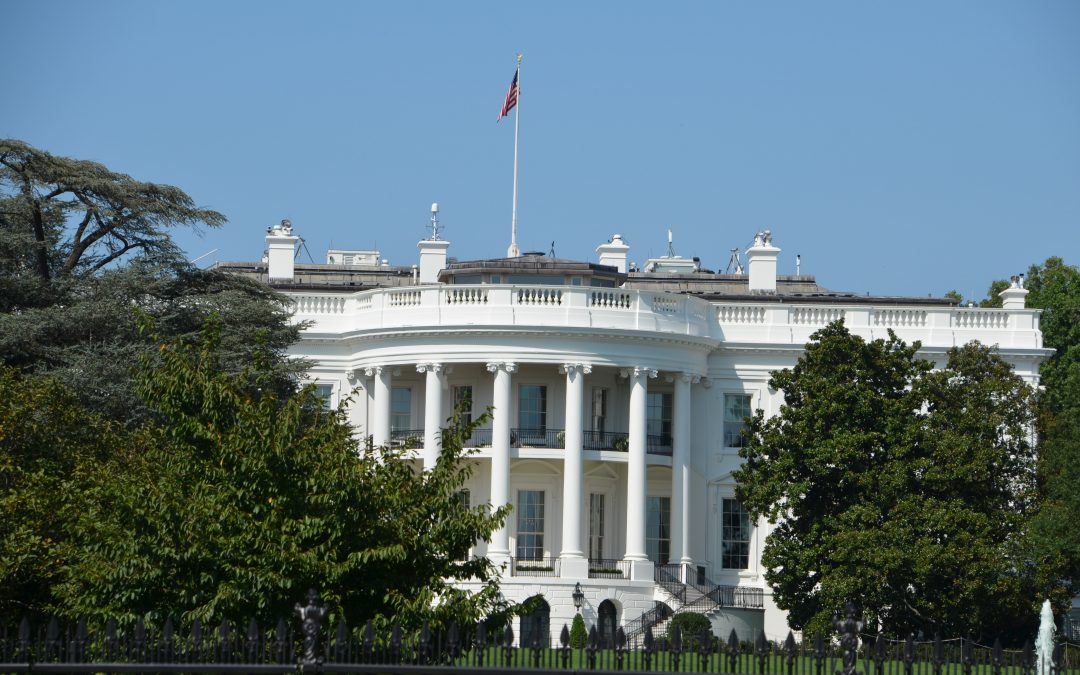The Final Rule amending 42 CFR Part 2 finalizes changes that will align uses and disclosures of Part 2 information with HIPAA for treatment, payment & health care operations. Part 2 providers and others who must comply with Part 2 and this Final Rule have two (2) years to get into compliance. Read more about the changes and how we can help with compliance.











